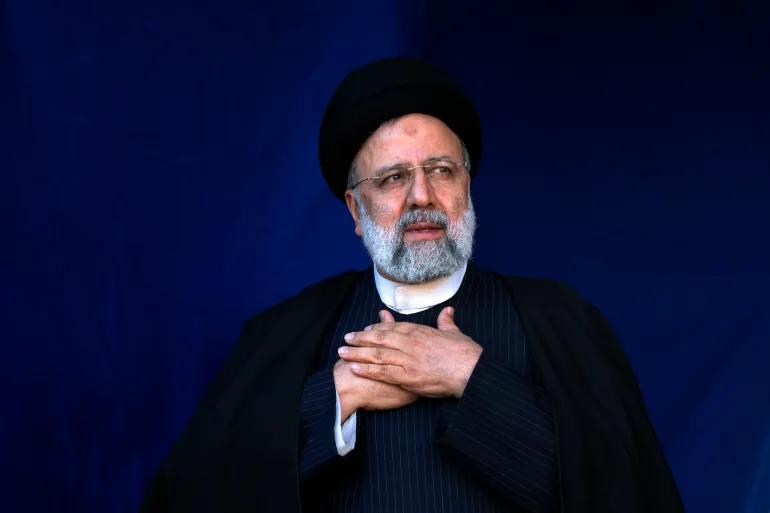Ebrahim Raisi: What to know about Iran’s president who died in helicopter crash

Iran’s President Ebrahim Raisi has died after a helicopter carrying him and other officials crashed in a mountainous and forested area of the country in poor weather.
Ebrahim Raisi was a significant political figure in Iran, known for his conservative and hardline stance.
Here’s a breakdown of key things about him:
Background and Early Life: Born in Mashhad, northeastern Iran, Raisi received religious education in Qom and wore a black turban signifying his status as a descendant of the Prophet Muhammad.
Legal Career: Raisi served as a prosecutor and held various judicial roles, including overseeing executions in Tehran, which has drawn criticism from human rights organizations.
Read also:
- Herbert Wigwe: What to know about Access Bank founder who died in Chopper crash
- Herbert Wigwe, Lt.-Gen. Attahiru… top Nigerian figures who died in helicopter crash
- Wigwe University, Access Bank Plc… other 5 establishments owned by the late Herbert Wigwe
- Who is Prince Harry, the Royal prince on a visit to Nigeria?
- Oriola Michael Aregbesola: What to know about Nigerian-US Naval officer who died in Red Sea mishap
Political Career: He was a member of the Assembly of Experts and served as Attorney General, leading the Astan Quds Razavi charitable trust.
Presidential Campaigns: Raisi ran unsuccessfully for president in 2017 before being appointed head of the Iranian judiciary. He won the presidency in 2021 amid controversy over disqualifications and low voter turnout.
Foreign Policy Stance: He expressed strong rhetoric against Israel, the United States, and their allies, supporting resistance movements across the Middle East.
Nuclear Deal and Sanctions: Raisi was hawkish on the 2015 nuclear deal and advocated for a policy of resistance against harsh sanctions imposed on Iran.
Support for Syrian President Assad: He backed Assad’s government in the Syrian civil war, aligning with Iran’s regional interests.
These points provide insight into Raisi’s background, career trajectory, and political beliefs.

